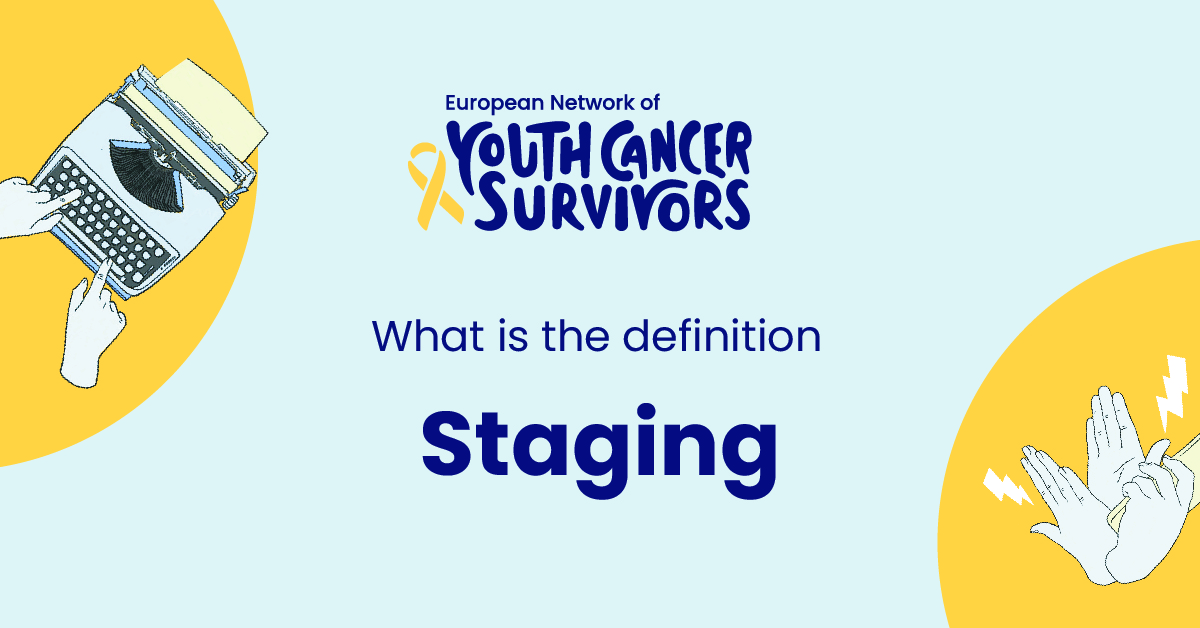
The term ‘staging’ carries significant weight within the healthcare sector. It’s a step closer to understanding the patient’s condition, its severity, potential development, and treatment options. Understanding its implications and application is crucial both to healthcare practitioners and those in their care.
The knowledge of staging equips everyone involved in the management of a patient’s health to construct a more targeted, effective, efficient, and personalized treatment plan. This article takes a deep dive into the world of staging within the healthcare context, its definition, and its application in different health conditions such as cancer, mental health disorders, and heart disease.
Definition of Staging
In medical terms, staging refers to the process of determining the size and spread of a disease within a patient’s body. It allows practitioners to assess the progress of the disease, a step crucial in planning the course of treatment and estimating the patient’s prognosis.
Staging serves a dual purpose. Firstly, it describes the severity of a patient’s disease based on the size of the original (primary) tumor and whether or not cancer has spread (metastasized) in the body. Secondly, it is a tool for the healthcare team to plan out the treatment, ascertain the possible outcomes, estimate recovery odds, and plan follow-up care. Staging can vary, and it’s often disease-specific.
Staging in Cancer Care
In cancer care, staging helps to quantify or describe the progression of the disease in the patient’s body. It’s an essential factor that guides the type of treatment a patient will receive and provides an estimated prognosis. Cancer stages range from 0 (non-invasive, localized cancer) to IV (cancer that has spread to other parts of the body).
Staging plays a pivotal role in cancer care, outlining the course of treatment—whether it should entail radiation, chemotherapy, surgery, or a combination of them. The higher the stage, the more intensive and extensive the treatment typically is.
Staging in Mental Health
Mental health staging, though less linear, is just as essential. It helps classify where an individual is on the continuum from the optimal mental health state to severe mental illness. Early-stage identification can lead to early intervention, possibly preventing the development of a full-blown mental disorder. Conversely, recognizing late-stage mental illness may necessitate more intensive treatment.
Implementing staging in mental health treatment plans allows for personalized, targeted therapy and medication regimens, which highly increase the chances of recovery and reduce the risk of relapse.
Staging in Cardiology
Staging in heart diseases is also prevalent in today’s medical landscape. It involves rating the progression of heart disease, which can aid in predicting the potential risk for adverse events such as heart attack or heart failure. These stages range from ‘at risk’ to ‘advanced heart disease’.
Understanding the stage of heart disease guides clinicians in managing the condition and deciding the treatment path, promoting longevity, and enhancing the patient’s quality of life.
The Process of Staging
The staging process typically involves diagnostic tests such as physical examination, imaging tests, laboratory tests, pathology reports, surgical reports, and more. This approach aids in creating a complete picture of the disease’s impact on the patient’s body.
A team of healthcare professionals works collaboratively in the staging process. The team may involve a general physician, radiologist, pathologist, and a specialist in the patient’s specific health condition. This multi-disciplinary approach ensures a thorough assessment giving space for a comprehensive treatment plan.
Get to know us better
If you are reading this, you are in the right place – we do not care who you are and what you do, press the button and follow discussions live

How Staging Affects Treatment and Prognosis
Staging has a significant impact on determining treatment plans. With diseases like cancer, early stages may require less intensive treatment like localized surgery or radiation. In contrast, later stages may require a combination of more aggressive treatments like systemic chemotherapy.
Similarly, the stage of a condition has a profound effect on the prognosis. In general terms, earlier stages of a disease often have better prognoses because the disease has affected a smaller part of the body, and odds for successful treatment are higher.
Conclusion
In essence, staging is a fundamental process in healthcare, guiding clinicians in identifying a patient’s disease progression, determining treatment, and estimating prognosis. Staging provides a structured framework that can be utilized in various domains of healthcare from oncology to mental health and cardiology.
Whether you are a health care practitioner or a patient, understanding staging is crucial as it lays the groundwork for efficient and progressive patient care, promising a better prognosis and life quality.
FAQs:
- What is staging and why is it important in healthcare?
Staging is a process of determining the size and spread of the disease within the patient’s body. It plays a pivotal role in healthcare for treatment planning and estimating prognosis.
- How does staging affect my treatment options?
Your treatment options are largely influenced by the stage of your disease. Early-stage diseases might require less aggressive treatments compared to later stages.
- Is staging only important in cancer care?
No, staging is used across various fields of medicine, including mental health and cardiology.
- What is the role of healthcare professionals in staging?
Healthcare professionals work collaboratively in the staging process, conducting various diagnostic tests to determine the stage of the disease.
- How does the process of staging work in diagnosing various health conditions?
The process involves different diagnostic tests such as physical examination, imaging, lab tests, and surgical reports. The gathered data helps to create a comprehensive picture of the disease’s impact on the body.








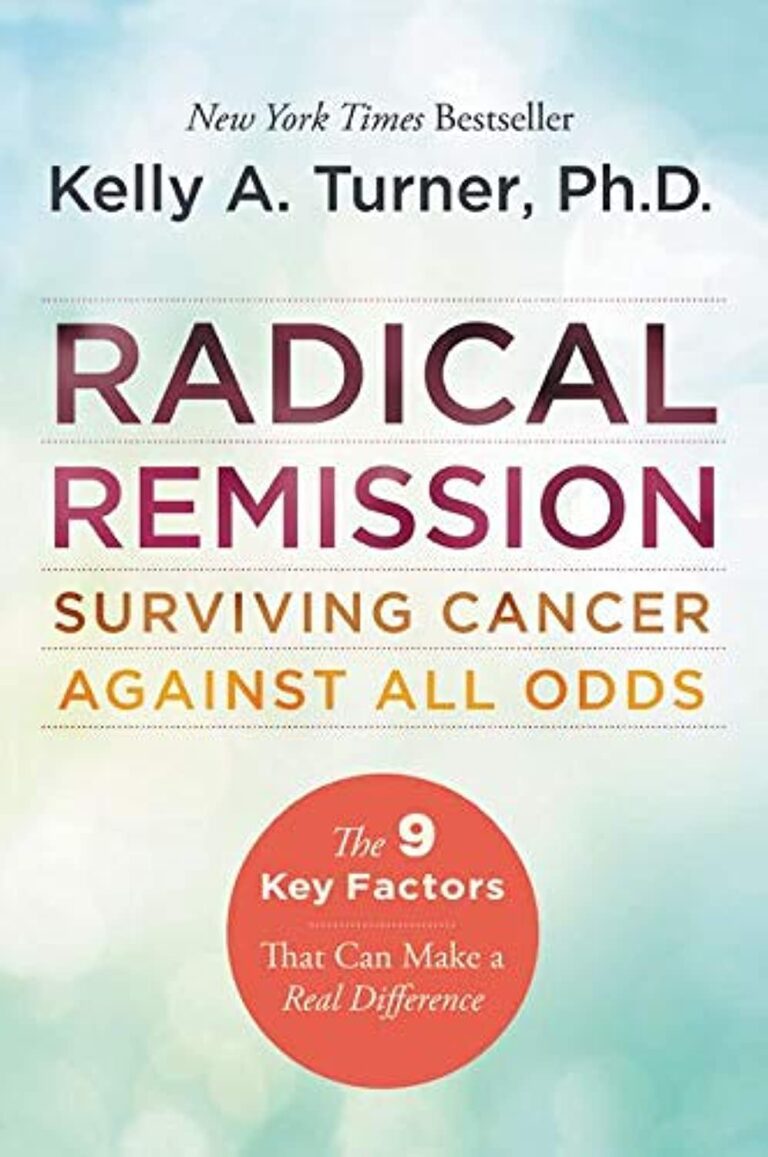
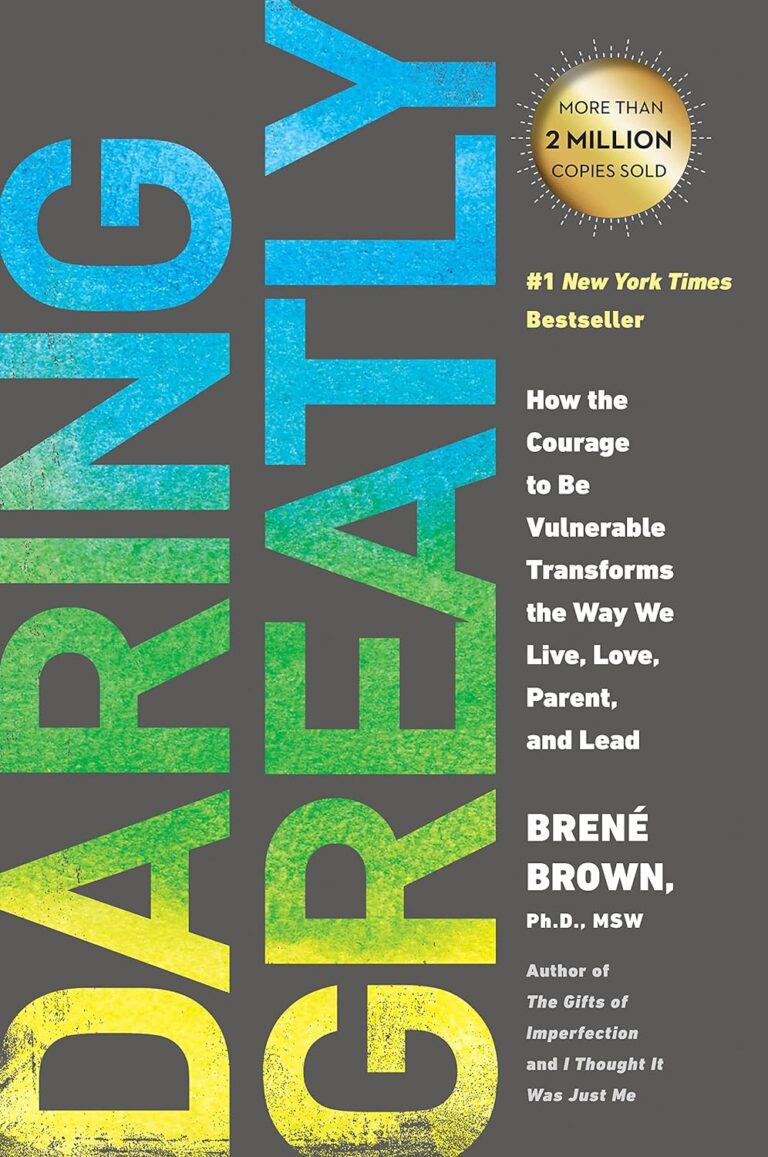


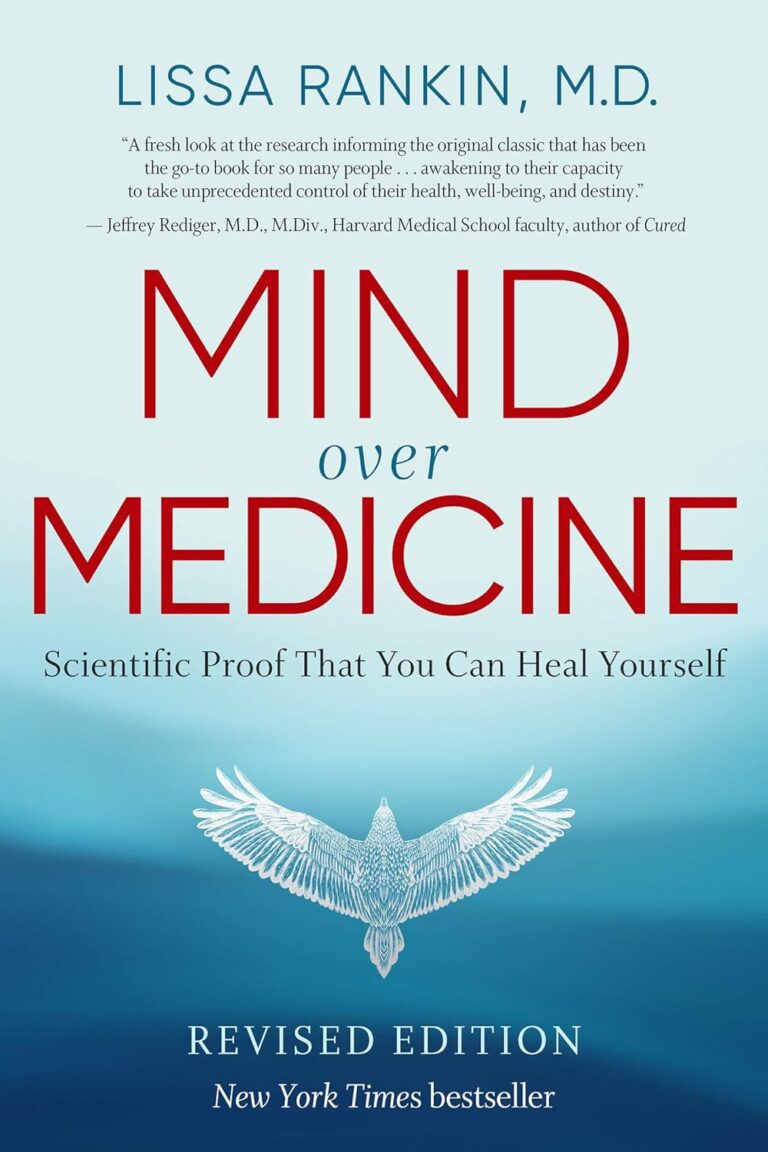


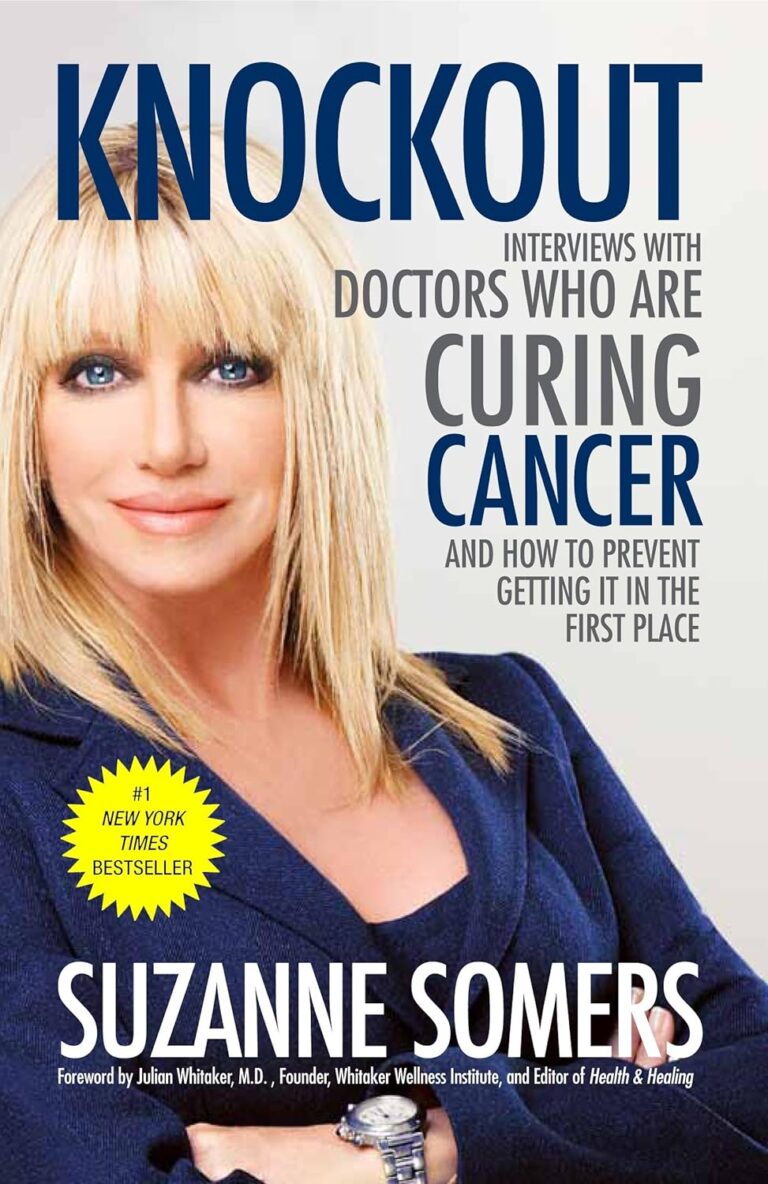

Comments
Thank you. Comment sent for approval.
Something is wrong, try again later